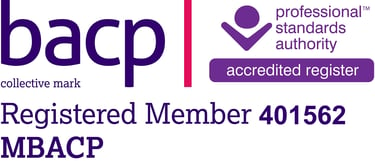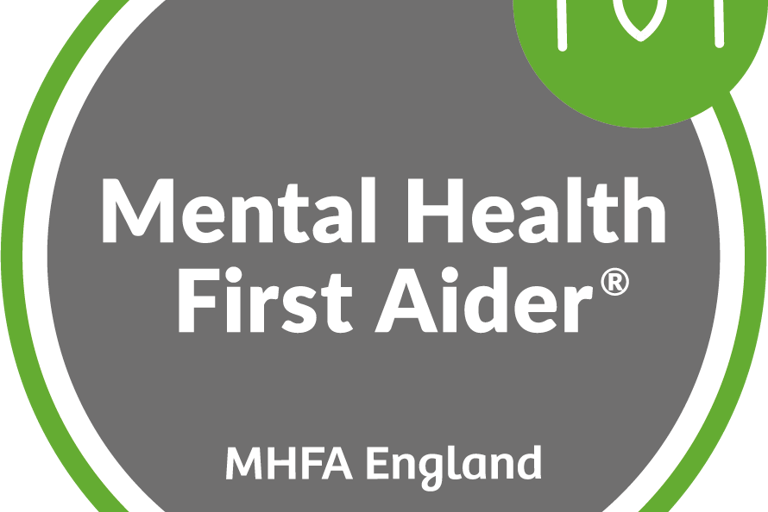Exploring Your Sources of Power and Connection
5/30/20243 min read


Identifying Your Sources of Power
Understanding where you derive your power, energy, and support is crucial for personal growth and well-being. These sources can be diverse and unique to each individual, encompassing both internal and external elements. To begin, it is essential to reflect on your daily life and recognize the activities, people, or environments that nurture and empower you. For some, this might include personal achievements, creative pursuits, or spiritual practices, while for others, it may stem from relationships, community involvement, or professional success.
Determining whether your sources of power are singular or multiple can provide valuable insights into your personal dynamics. Singular sources, such as a specific mentor or a particular hobby, may offer focused and intense empowerment but could also lead to dependency if not balanced with other supports. Conversely, having multiple sources, like a blend of family support, career accomplishments, and personal hobbies, can create a more resilient and diversified foundation for your well-being.
Equally important is distinguishing between personal and external sources of power. Personal sources are derived from within, such as self-confidence, resilience, and intrinsic motivation. These internal factors are often more sustainable and controllable. External sources, including social networks, workplace environments, and societal structures, can significantly influence your empowerment but might be subject to change and less within your control.
Recognizing and understanding the influence of these sources on your life can lead to a more empowered and balanced existence. It allows you to evaluate whether your current sources of power are healthy and sustainable in the long term. For instance, relying heavily on a stressful job for validation may be energizing in the short term but could lead to burnout. Alternatively, nurturing relationships with supportive friends and engaging in hobbies can offer more enduring and holistic empowerment.
Ultimately, identifying and assessing your sources of power help you to make informed choices about where to invest your energy and how to cultivate a balanced and fulfilling life. By understanding these dynamics, you can enhance your overall well-being and create a more resilient and empowered self.
Connecting to a Higher Power or Divine Source
Connecting to a higher power or divine source is a profound way to tap into a reservoir of energy and support that transcends the material world. For many individuals, this connection forms the bedrock of their spiritual wellness, offering a sense of purpose, resilience, and inner strength. The nature of this higher power varies widely across cultures and belief systems, yet the underlying principle remains the same: a belief in something greater than oneself that provides guidance and sustenance.
In religious contexts, individuals often turn to structured faith traditions to connect with their higher power. Practices such as prayer, meditation, and worship are common avenues for establishing this connection. For instance, in Christianity, believers may seek a personal relationship with God through daily prayers and attending church services. Similarly, in Islam, the five daily prayers and recitation of the Quran serve as vital means of communion with Allah. These religious practices not only foster a sense of connection but also imbue practitioners with a feeling of belonging and support.
On the other hand, spirituality outside of organized religion also offers diverse pathways to a higher power. Many people find solace in nature, viewing the universe itself as a divine source. Activities such as mindful walks in the forest, stargazing, or sitting by the ocean can evoke a profound sense of connection to the cosmos. Others might turn to spiritual practices like yoga, tai chi, or mindfulness meditation to cultivate an awareness of a higher power within and around them. These practices emphasize the interconnectedness of all life, fostering a sense of unity and collective energy.
Moreover, this connection to a higher power can significantly enhance one's mental and emotional well-being. It provides a framework for understanding life's challenges and adversities, thereby promoting resilience. A strong spiritual foundation can offer comfort during times of stress, loss, or uncertainty, acting as a source of unwavering support. By aligning oneself with a higher power, individuals often experience increased inner strength and clarity, enabling them to navigate life's complexities with greater ease.
Ultimately, whether through religious faith, spiritual practices, or a broader sense of connection to the universe, the relationship with a higher power or divine source can be a powerful conduit for empowerment and inner peace. It underscores the importance of looking beyond the self to find meaning and sustenance in a larger, more encompassing reality.






